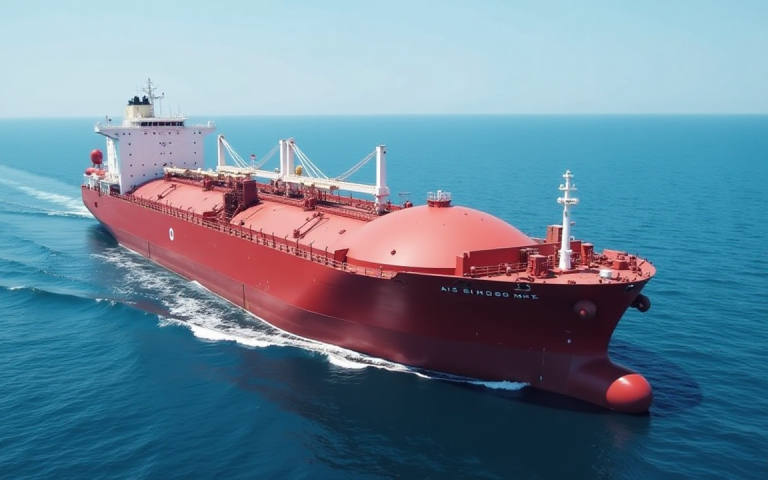Gazprom, Russia’s state-owned gas company, has agreed to a slight increase in gas supplies to China through an existing pipeline.
Additionally, a memorandum was signed for the construction of the large-scale Power of Siberia 2 pipeline, according to state news agencies.
However, the prices for these supplies to China are lower than those charged to European customers, the reports claimed.
Russia is looking to strengthen its energy collaboration with China, its primary trading partner. This initiative follows a significant loss of market share in Europe due to sanctions imposed after the 2022 Ukraine conflict.
Last month, Reuters reported that China was looking to purchase additional Russian gas via an existing pipeline. This comes after negotiations between the two nations to construct a new pipeline failed to advance significantly.
On Tuesday, Alexei Miller, CEO of Russia’s state-controlled Gazprom, announced agreements to boost natural gas supplies to China.
The existing Power of Siberia pipeline, which connects Eastern Siberia to China, will see its annual capacity increase from 38 billion cubic metres (bcm) to 44 bcm.
New deal
Additionally, Russia and China reached a deal to build the Power of Siberia 2 pipeline. This new pipeline will transport 50 bcm of gas per year from the Bovanenkovo and Kharasavey gas fields in Yamal, through Mongolia, to China.
Miller said, Russian news agencies reported:
Today, a legally binding memorandum was signed on the construction of the Power of Siberia 2 gas pipeline and the Soyuz Vostok transit gas pipeline through Mongolia.
Miller further stated that gas supplies to China are priced lower than those charged to European buyers by Russia. This is attributed to the extensive distances and challenging terrain required for pipeline construction.
He also noted that Power of Siberia 2 would be the world’s largest and most capital-intensive gas project. The builders of the pipeline and the final investment figures remain undisclosed.
Following a meeting in Beijing between Russian President Vladimir Putin, Chinese President Xi Jinping, and Mongolian President Ukhnaagiin Khurelsukh, Miller announced that gas prices for deliveries via the Power of Siberia 2 pipeline would be determined through separate negotiations, as reported by Russian news agencies.
Additionally, Xinhua, China’s state news agency, reported on Tuesday that the two heads of state engaged in in-depth discussions and signed more than 20 bilateral cooperation agreements, including those in the energy sector.
China purchases
Since Western nations imposed severe sanctions on Russia due to the war in Ukraine, the “no limits” alliance between China, the world’s largest energy consumer, and Russia, the world’s largest producer of natural resources, has become more robust.
According to the Kremlin, China has become Russia’s largest trading partner. China is also the primary buyer of Russian crude oil and gas, the second-largest purchaser of Russian coal, and the third-largest buyer of Russian LNG.
In late 2019, Gazprom initiated natural gas deliveries to China via the 3,000 km (1,865 mile) Power of Siberia pipeline. This supply is part of a 30-year agreement valued at $400 billion.
Exports were approximately 31 billion cubic meters (bcm) in 2024, according to a Reuters report. This year, supplies are projected to reach their intended capacity of 38 bcm.
By approximately 2026-2027, China is set to purchase up to 10 billion cubic meters (bcm) of gas annually from Russia’s Sakhalin Island. This agreement, facilitated by a pipeline, was established in February 2022.
An agreement has been reached to increase gas supplies via the Far Eastern route from 10 bcm to 12 bcm, according to Miller.
Russia’s gas exports to China remain significantly lower than the record 177 bcm it supplied to Europe annually between 2018 and 2019.
Europe has significantly reduced its reliance on Russian energy since 2021. Russian gas now constitutes only 18% of European imports, a sharp decline from 45%, and Russian oil imports have plummeted from approximately 30% to just 3%.
The European Union aims to completely eliminate Russian energy imports by 2027.
The post Russia’s Gazprom boosts gas supplies to China, plans new pipeline appeared first on Invezz

